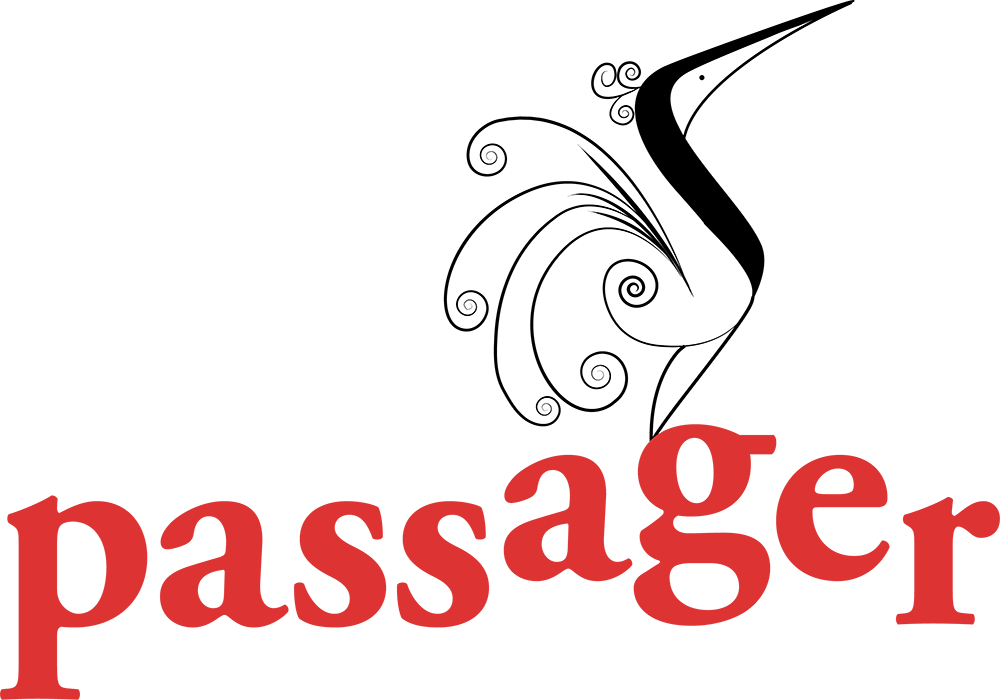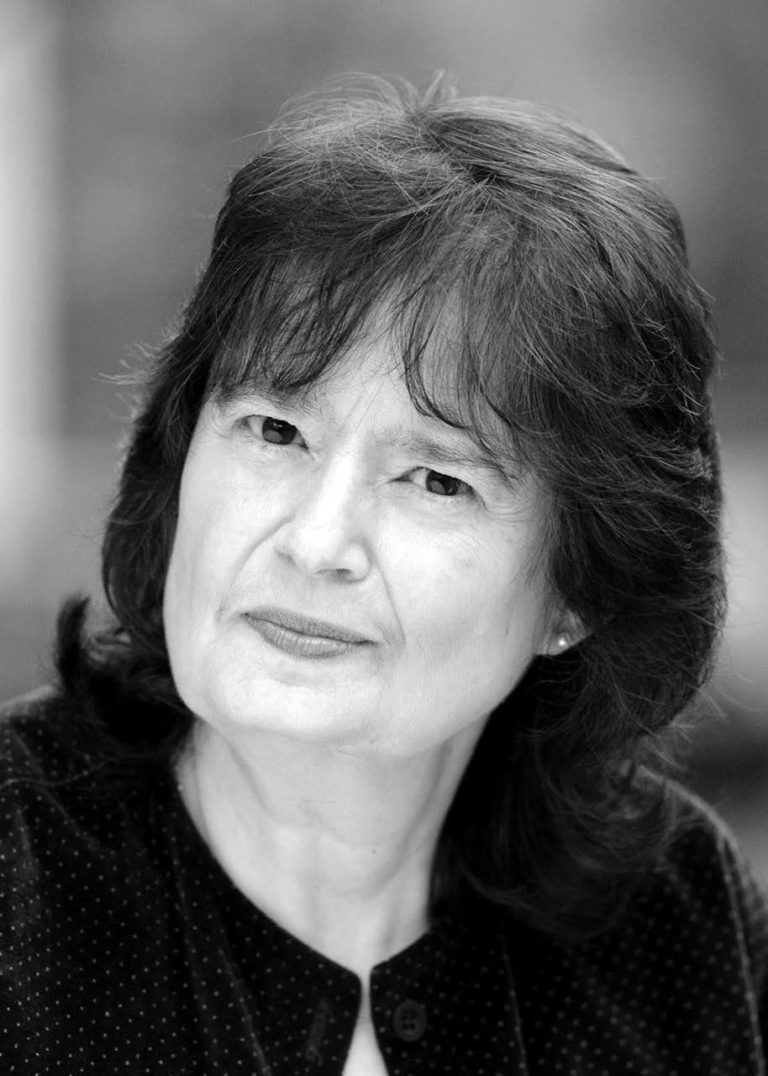Ox Horn Bend


Fathers and long-awaited answers, with excerpts from Ox Horn Bend by Roy Cheng Tsung.
6 minutes
TRANSCRIPT
“I know you’ve been through a lot on account of Father’s decision,” my mother said. “And I can appreciate your frustration.”
My father had served the Chinese Nationalist Government as Chinese Consul in New York City. In 1953, shortly after the Communists took over mainland China, he moved us from New York City, where I was born, back to his hometown, Beijing.
That was Roy Cheng Tsung from his memoir Ox Horn Bend. During December, we’re featuring work from books that Passager published over the past year. Ox Horn Bend was one of them.
Roy Cheng Tsung was born and spent his childhood in New York. In 1953, when Roy was 12, his father moved the family back to mainland China. They lived there until Roy and his mother escaped in 1974.
Ron Purver of the Canadian Institute for International Peace and Security said, “Ox Horn Bend is an exquisitely-written, fascinating account of Roy Cheng Tsung’s search for answers about his father’s past. Much of it reads like a detective story as he tries to discover why this Chinese Nationalist diplomat would return to a Communist China in the early 1950s, and why he apparently made it difficult for his son subsequently to return to the country of his birth, the United States.
In the book, Roy says that . . .
Writing the memoir was like riding a train into the past, getting off at each station along the way in search of truth and inner peace. And on one of the last legs of that journey, I discovered my father’s writings in Stanford University’s East Asia Library . . .
“To me,” his father said, “the greatest irony of all is that while pushing opium in China, the foreigners pride themselves as civilized nations bearing ‘The White Man’s Burden’ of sending missionaries to preach the gospel of Christianity on Chinese soil.”
I felt my father’s sentiments. This was like a snapshot of his progressive outlook in 1934, which had never changed since his college days . . . He said, “When I was your age, we were a weak nation. We lost our sovereignty. A British gunboat could sail up and down the Yangtze River with impunity and dictate China’s politics.”
After reading my father’s writings, I had uncovered a great deal about him, but I wondered if patriotism was his only reason for returning to his homeland. And why did he stop my mother from getting me an American passport? These questions still nagged me.
Later in the book, his mother says to Roy,
“You were probably too young to understand, but your father was afraid that you would be recruited by the American Armed Forces. You were only eleven or twelve then. But in a matter of years, you would have reached conscription age. Your father could not bear the thought of you drafted into the U.S. military to fight on foreign soil.” I was taken aback. For nearly forty years, I had thought that my father was so wrapped up in his repatriation and patriotic ideas that he never stopped to consider us, or how we felt about moving to Communist China.
I suddenly remembered what my father had said to me one day during the Vietnam War when Chinese PLA army recruiters came to my high school campus. Many boys got drafted, but I was not called upon to enlist.
“You are American-born,” he said. “They don’t trust you. You see, if we had not brought you to China, you would probably be drafted by the U.S. Army. And today, you would surely be in the jungles of Vietnam, a foreign soldier tramping on the soil of a small sovereign nation in a senseless war.”
This conversation took place so long ago and was so brief that I had forgotten about it until this moment. I finally understood why my father had forewarned my mother against getting me a U.S. passport, making it almost impossible for me to return. He was burning my bridges back to the States. But he did it to save my life and let me grow up to be a man of conscience.
Excerpts from Roy Cheng Tsung’s memoir Ox Horn Bend.
From now ‘til December 26th, 20-percent off all Passager books and subscriptions. To buy Ox Horn Bend or Roy’s earlier book Beyond Lowu Bridge, subscribe to or learn more about Passager and its commitment to writers over 50, go to passagerbooks.com.
Before we end this episode, this from Passager’s co-editor Mary Azrael:
“Passager is a small literary press dedicated to bringing you the voices of older writers, men and women of a generation truly vital to our survival. As a Passager editor for over thirty years, I’ve come to know remarkable people, from ages 50 to 103, through their poems, stories, memoirs, and letters. What they say has enriched my life, and it’s a joy to be able to share them with you, our readers.
“Please join me in celebrating the season’s tradition of kindness and generosity. Even a small donation can go a long way to sustaining us. Every time you read Passager journal or one of our books, you’ll know that you’ve been part of it. Go to passagerbooks.com and click on “donate” at the top of the page.”
Passager’s co-editor Mary Azrael.
You can download Burning Bright from Spotify, Apple and Google Podcasts, and various other podcast apps.
For Kendra, Mary, Christine, Rosanne, and the rest of the Passager staff, I’m Jon Shorr.


